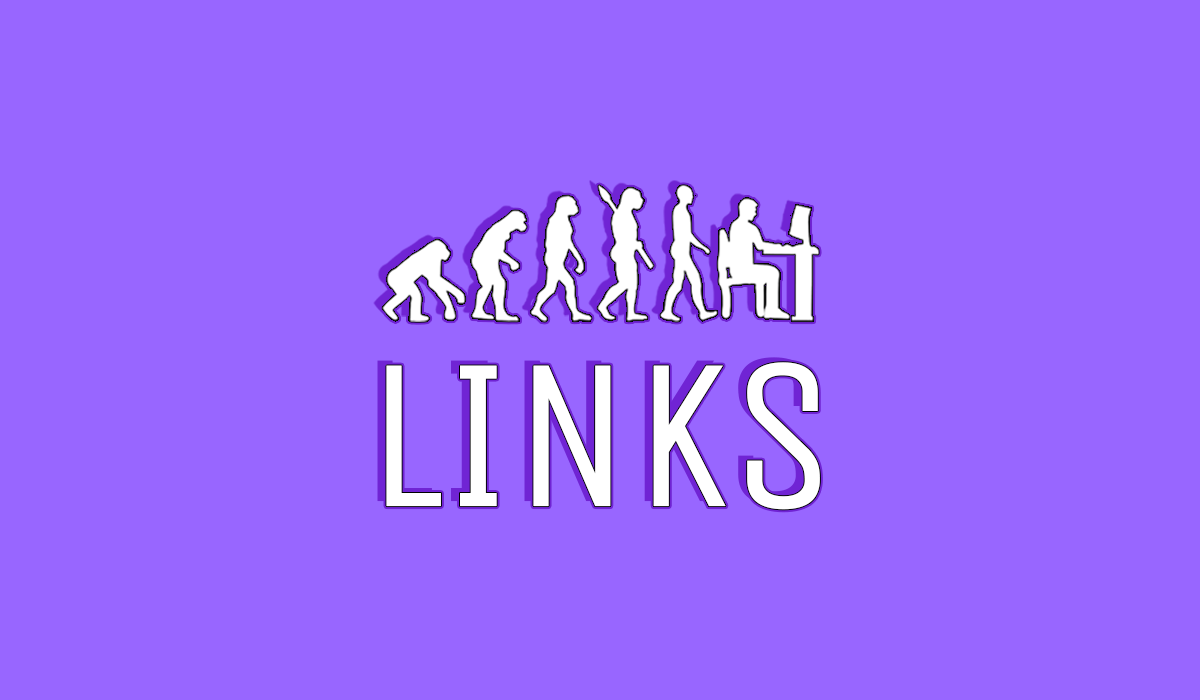LINKS - March 30th, 2022
Welcome to LINKS — my attempt to provide Rhapsody readers with five interesting stories that tell us something about what it means to be human. LINKS is published every Wednesday. Have a link you want to share? Drop it in the comments.
Why Stress Makes the Most Empathetic People Less Kind
By Devrupa Rakshit, The Swaddle
“We know that being stressed affects the way we treat others — especially, adversely. But a new study, published in The Journal of Neuroscience this month, explores the brain processes that drive even the most empathetic of people to be more selfish and less kind when they’re stressed.”
Transracial Adoption and the Limits of Love
By Christine Chalifoux, Sapiens
“A Korean adoptee and anthropologist reflects on how studying kinship made her rethink her own fraught family bonds.”
The War Comes to Us All: Snapshots
By Catherine Wanner, Society For Cultural Anthropology
“The Russian invasion of Ukraine represents a new kind of war. It is the culmination of eight years of hybrid war, during which new political technologies were perfected. We used to call nonmilitary means of influencing groups of people “soft power.” In this war, traditional soft power has been jettisoned in favor of political technologies that weaponize and securitize such things as religion, history, and social media. Weaponization and securitization refer to the instrumentalization of information and sentiment for political purposes and to secure state sovereignty. These new tactics are likely to remain, certainly as an aspect of warfare, but also as a fixture of political life precisely because they are so effective.”
Chronic pain in Black people in US may be linked to gene expression
By Jason Arunn Murugesu, New Scientist
“Stress-linked changes in the activity of genes may be why Black people in the US often have worse chronic pain than white people.”
Keep Getting Lost? Maybe You Grew Up on the Grid.
By Benjamin Mueller, New York Times
“Childhood environments shape people’s navigational skills, researchers reported. The findings one day may lead to better tests for early dementia.”




